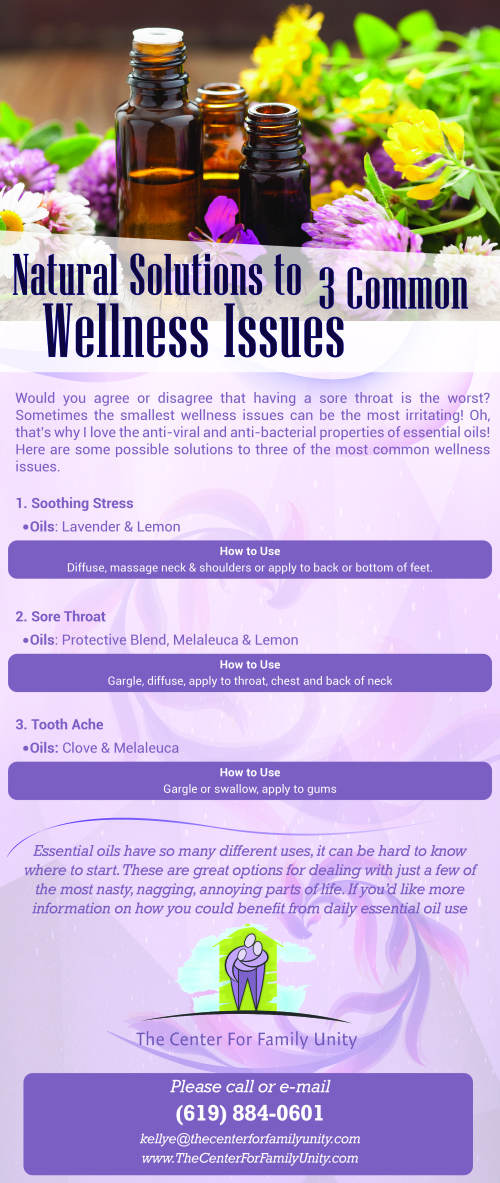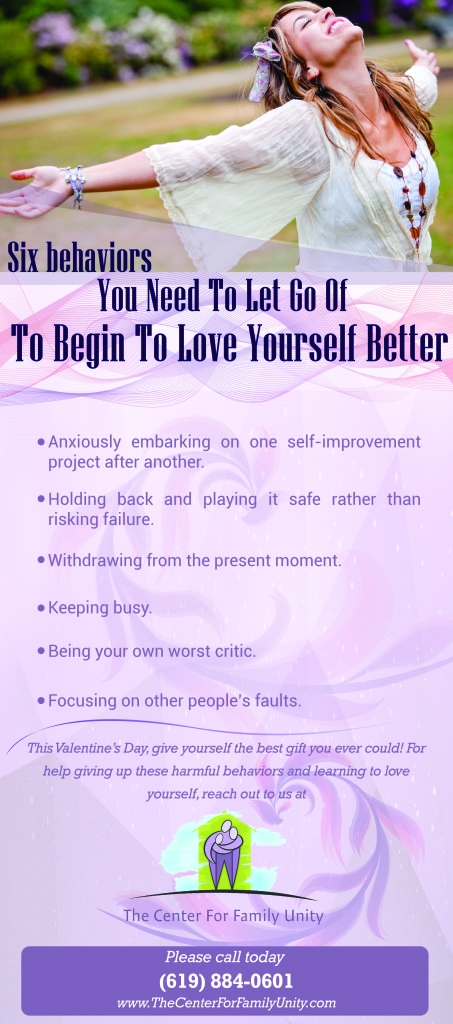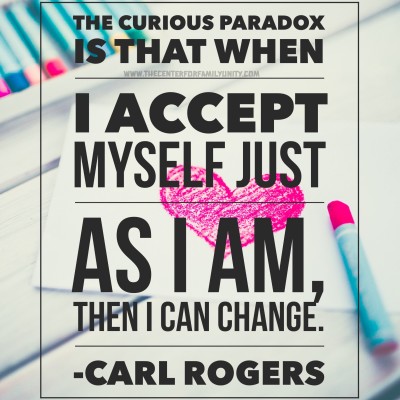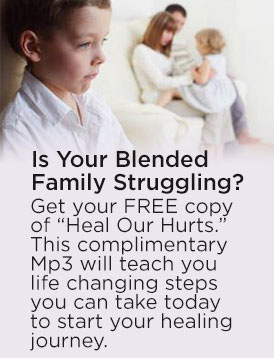by admin | Apr 12, 2016 | Uncategorized
As caregivers, we are often stressed and don’t know why. Without realizing the effects that life circumstances have on us, we tend to sweep our feelings of frustration, sadness and turmoil under the rug.
In the past 12 to 24 months, which of the following major life events have taken place in your life? Mark down the points for each event that you have experienced recently.
When you’re done, add up the points for each event and check your score at the bottom.
_____ Death of Spouse (100 points)
_____ Divorce (73 points)
_____ Marital Separation or from relationship partner (65 points)
_____ Jail Term (63 points)
_____ Death of close family member (63 points)
_____ Personal injury or illness (53 points)
_____ Marriage (50 points)
_____ Fired from work (47 points)
_____ Marital reconciliation (45 points)
_____ Retirement (45 points)
_____ Change in family member’s health (44 points)
_____ Pregnancy (40 points)
_____ Sex difficulties (39 points)
_____ Addition to family (39 points)
_____ Business readjustment (39 points)
_____ Change in financial status (38 points)
_____ Death of close friend (37 points)
_____ Change to a different line of work (36 points)
_____ Change in frequency of marital arguments (35 points)
_____ Mortgage or loan over $30,000 (31 points)
_____ Foreclosure of mortgage or loan (30 points)
_____ Change in work responsibilities (29 points)
_____ Trouble with in-laws (29 points)
_____ Outstanding personal achievement (28 points)
_____ Spouse begins or stops work (26 points)
_____ Starting or finishing school (26 points)
_____ Change in living conditions (25 points)
_____ Revision of personal habits (24 points)
_____ Trouble with boss (23 points)
_____ Change in work hours, conditions (20 points)
_____ Change in residence (20 points)
_____ Change in schools (20 points)
_____ Change in recreational habits (19 points)
_____ Change in church activities (19 points)
_____ Change in social activities (18 points)
_____ Mortgage or loan under $20,000 (17 points)
_____ Change in sleeping habits (16 points)
_____ Change in number of family gatherings (15 points)
_____ Change in eating habits (15 points)
_____ Vacation (13 points)
_____ Christmas season (12 points)
_____ Minor violations of the law (11 points)
_____ Your Total Score
This scale shows the kind of life pressure that you are facing. Depending on your coping skills or the lack thereof, this scale can predict the likelihood that you will fall victim to a stress-related illness. The illness could include mild symptoms such as frequent tension headaches, acid indigestion and loss of sleep and can also include very serious illness such as ulcers, cancer, migraines and the like. Compare your score to the numbers below to see how at risk you are for experiencing stress-related illness.

LIFE STRESS SCORE
0-149: Low susceptibility to stress-related illness
150-299: Medium susceptibility to stress-related illness: Learn and practice relaxation and stress management skills and a healthy well life style.
300 and over: High susceptibility to stress-related illness: Daily practice of relaxation skills is very important for your wellness. Take care of it now before a serious illness erupts or an affliction becomes worse.
At The Center for Family Unity, we specialize in therapy from a holistic approach; mind, heart, spirit AND body. Contact us today and experience a truly unique and unparalleled experience to wellness.
619-884-0601 [email protected]
by admin | Mar 31, 2016 | Uncategorized

Would you agree or disagree that having a sore throat is the worst? Sometimes the smallest wellness issues can be the most irritating! Oh, that’s why I love the anti-viral and anti-bacterial properties of essential oils! Here are some possible solutions to three of the most common wellness issues.
1. Soothing Stress
Oils: Lavender & Lemon
How to Use: Diffuse, massage neck & shoulders or apply to back or bottom
of feet.
2. Sore Throat
Oils: Protective Blend, Melaleuca & Lemon
How to Use: Gargle, diffuse, apply to throat, chest and back of neck
3. Tooth Ache
Oils: Clove & Melaleuca
How to Use: Gargle or swallow, apply to gums
Essential oils have so many different uses, it can be hard to know where to start. These are great options for dealing with just a few of the most nasty, nagging, annoying parts of life. If you’d like more information on how you could benefit from daily essential oil use, call me at 619-884-0601 or email me at [email protected]
by admin | Mar 23, 2016 | Uncategorized
Mama Maria dutifully trekked to her health club to climb the stair machine, jog on the treadmill and pedal up “huge inclines” on the stationary bike.
Trouble was, she was bored and began to dread going to the gym.
Papa Pedro wasn’t bored. He was too busy with very important work to take time out to exercise.
But a near-miss with cancer woke Pedro up to the need for physical activity and a reprieve from his previously high-stress, sedentary lifestyle.
Both found their answer by adding the simple childhood ingredient of play to their physical activity.
We all know how important exercise is and what a lack of it can do to us. If the patients that come to see me would add exercise to their lives, their stress and anxiety would diminish by 50-75%!
So why don’t we?!
Researchers recently described sedentary life as the second largest threat to public health, saying that chronic diseases have increased dramatically because of physical inactivity.
There must be a way to encourage the regular physical activity that has long been associated with better health, longer life and greater well-being.
Perhaps play is the way. Working as a registered play therapist, I use play with both children and adults to enable them to express themselves in a fun and non-threatening manner.
Play is the ultimate in cross-training. As you move your body through many ranges of motion at different intensities, you are likely to see gains in strength, stamina and even weight loss—not to mention an increased feeling of liveliness and enthusiasm. But the best part is that when you’re having a good time, you forget you’re actually working out!
Here are a few ways to inject fun into your physical activity.

• Infuse a little “silliness” into your walk by skipping or doing a bit of hopscotch.
• Organize childhood games for an adult party, such as: relay races, tug-of-war, burlap sack races, tag, follow-the-leader and Twister.
• For the super-adventurous, learn how to swing on a trapeze.
• Create little obstacle courses out of trees, curbs, creek beds, potholes, park benches.
• Learn to juggle. You’ll forget how much you’re doing for your upper arms and back.
• Jump rope—alone or with a partner.
• Play tag with your own children or the neighborhood kids.
• Bounce on a trampoline.
• Turn on your favorite high-school dance music and shake your bootie right there in the living room.
• During the summer, play “Shark and Minnow” or “Marco Polo” in the pool rather than do laps.
• Head for the nearest roller-skating or ice-skating rink, or rollerblade in your neighborhood.
• Rent a canoe or find a rowing group, and enjoy being on the water.
• Run through the sprinklers at your neighborhood school.
• Challenge a kid to a bike race.
• Throw a ball, a Frisbee or an X-Zylo around. Chances are you’ll have to run for it!
• Chase the dog.
Now go make your own list. Be as zany and creative as you want! Make a commitment to add play to your life everyday and see how much of a difference it can make!
by admin | Mar 2, 2016 | Uncategorized
Parenting God’s way in today’s world can be terrifying, stressful and overwhelming. That’s why we’re here! The Center for Family Unity is a counseling center in San Diego and we want to help you with training, direction and support for healing family conflict and raising your children to become valuable world citizens.
According to the Bible:
Psalm 127:3–5 (NASB):
“Behold, children are a gift of the Lord,
The fruit of the womb is a reward.
Like arrows in the hand of a warrior
So are the children of one’s youth.
How blessed is the man whose quiver is full of them;
They will not be ashamed
When they speak with their enemies in the gate.”
Truly, children are a gift from the Lord and a source of great joy to parents. But they can also be the cause of great heartache to many parents. We see children throwing temper tantrums in the supermarket. Schools are filled with wild and unruly students. More and more often, even children of Godly Christian parents are “leaving the fold” once they graduate and head off on their own. While each individual child is responsible for his decisions and behavior before the Lord, the Bible is full of commands to parents regarding how they should train up their children and warnings of what will happen if they do not fulfill the instructions of the Creator.
The Ultimate Parenting Manual
At The Center for Family Unity, our desire is not to merely provide “how-to” instructions on child-rearing, but rather to exhort parents to understand that raising their children is their ministry, rather than just another thing on their to-do list. Parents who instill in their families a love for the Lord are, in effect, carrying out the Great Commission given to us by our Lord and Savior (Matthew 28:19–20). Truly, raising godly children is one of the means by which our Creator enables us to fulfill this command.
The Lord has promised to give us everything we need for life and godliness through our knowledge of Him who called us to eternal life (2 Peter 1:3). Although each child is unique and individual circumstances vary greatly, God has promised that His Word is profitable for teaching, reproof, correction and training in righteousness so that the man of God may be thoroughly equipped for every good work (2 Timothy 3:16–17).

As Christian parents, we should be asking ourselves these questions:
• What is my goal in raising my children?
• How can I make the Bible “real” to my children?
• What does the Bible say about my role in my family?
• What does the Bible say about discipline?
• How do I know God’s Word is an all-sufficient parenting guide?
• How can I effectively communicate the truths of Scripture to my children?
• What are my educational choices?
• What should I teach my children about being wise stewards of their
possessions?
Your family is too important to wing it. If you are unsure how to answer any of the above questions, call The Center For Family Unity at 619-884-0601 today or make an appointment to learn more about raising your children God’s way.
by admin | Feb 23, 2016 | Uncategorized

Six behaviors you need to let go of to begin to love yourself better:
- Anxiously embarking on one self-improvement project after another.
- Holding back and playing it safe rather than risking failure.
- Withdrawing from the present moment.
- Keeping busy.
- Being your own worst critic.
- Focusing on other people’s faults.
This Valentine’s Day, give yourself the best gift you ever could! For help giving up these harmful behaviors and learning to love yourself, reach out to us at The Center For Family Unity.
by admin | Feb 11, 2016 | Uncategorized
Mary thinks she’d be happy if she could just change her weight, her looks and her job. Sean believes that he’s an okay person except for certain personality traits, such as anxiety, impatience and his quick temper. Yolanda’s shelves are overflowing with self-improvement books; she’s read them all but she still hates herself.
Who among us doesn’t believe that with a little tweaking, we could be just right—self-realized, self-actualized and self-helped to just short of perfection? But, the problem for many is that all the books, self-improvement tips and positive affirmations don’t seem to make us any happier. Worst of all, the minute we “fix” one ugly piece of ourselves, another nasty monster rears its head and starts screaming for attention.
When does self-help become self-hell? What would happen if we simply started by realizing how wonderful we already are?
As the pioneering psychologist Carl Rogers once wrote, “The curious paradox is that when I accept myself just as I am, then I can change.”
“Believing that something is wrong with us is a deep and tenacious suffering,” writes Tara Brach, in her book, Radical Acceptance, “The more we anxiously tell ourselves stories about how we might fail or what is wrong with us or with others, the more we deepen the grooves—the neural pathways—that generate feelings of deficiency.” She lists common ways people try to manage this pain of inadequacy:
• Anxiously embarking on one self-improvement project after another.
• Holding back and playing it safe rather than risking failure.
• Withdrawing from our experience of the present moment.
• Keeping busy.
• Becoming our own worst critics.
• Focusing on other people’s faults.

“Convinced that we are not good enough, we can never relax,” Brach writes, “We stay on guard, monitoring ourselves for shortcomings. When we inevitably find them, we feel even more insecure and undeserving. We have to try even harder.”
Accepting ourselves does not mean self-indulgence or being passive. Rather it means turning off the shameful, negative, self-loathing tapes within ourselves and just relaxing.
The blaring voices of our culture certainly don’t help, with promises that buying something, owning something, achieving something will make us better people, that success is measured by looks, wealth or possessions. A healthier life finds deeper meaning and greater satisfaction in self-love, compassion, intuition, taking responsibility, and forgiveness (particularly of ourselves).
Sometimes it is our so-called faults that can actually lead us to a healthier life. Pioneering psychologist Carl Jung called it our “shadow side,” that part in all of us we are ashamed of and that we often reject. Understanding and accepting that shadow side can lead to enormous freedom and self-acceptance.
Science and research has revealed much about what we can and cannot change about ourselves, according to Martin Seligman, Ph.D., author and Director of Clinical Training in Psychology at the University of Pennsylvania. “Some of what does change is under your control, and some is not,” he writes in his book, What You Can Change and What You Can’t.
Seligman lists some characteristics that are easier to change, such as everyday anxiety, specific phobias, panic, anger and certain beliefs about life. He advises people to discard the notion of changing that which hurts the most (for example, your extra weight) and instead concentrating on those parts of yourself that will respond most successfully to your efforts to change them (for example, your shyness or impatience with your spouse).
In the end, all the energy we put out to change ourselves may just take us back to where we started—to ourselves. And if we can truly accept ourselves as we are, that’s the best place to be.
We all need support and encouragement. Contact us at The Center for Family Unity and schedule your FREE 30 minute consultation to find out how you can give yourself the best Valentine gift of all!














